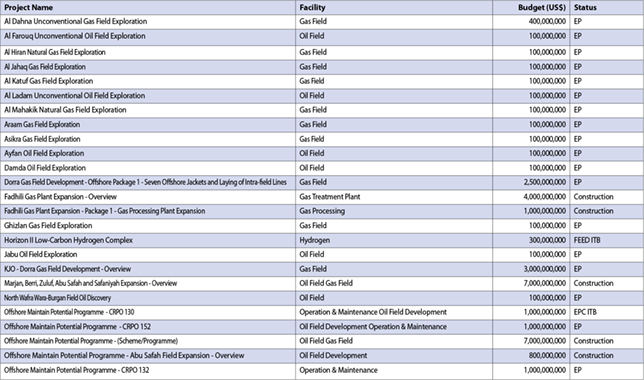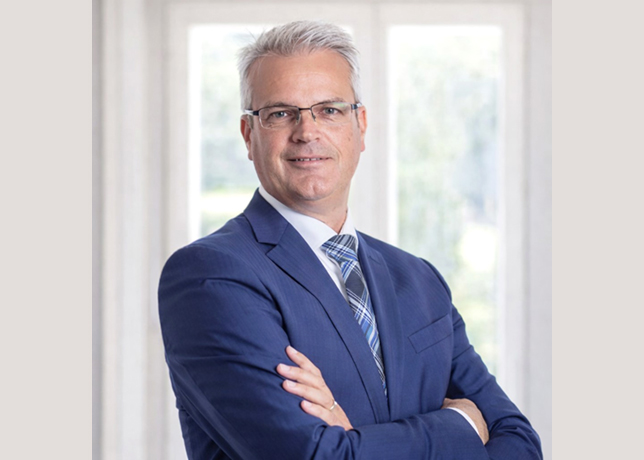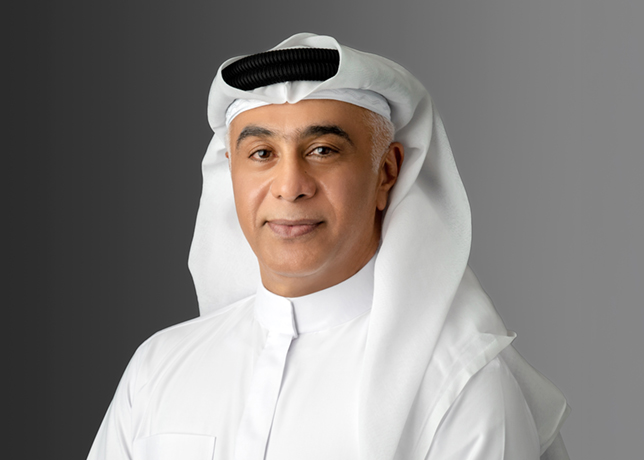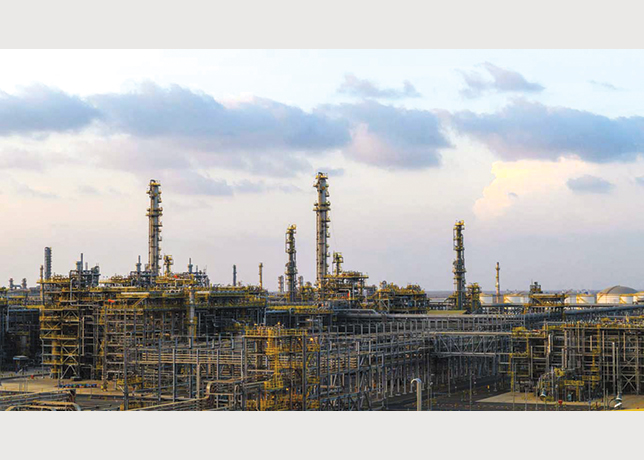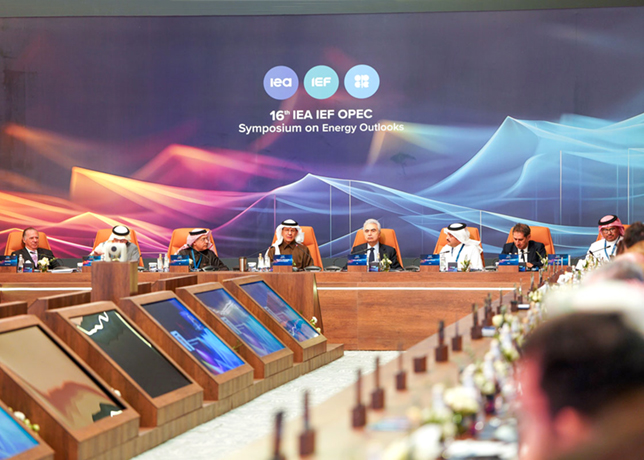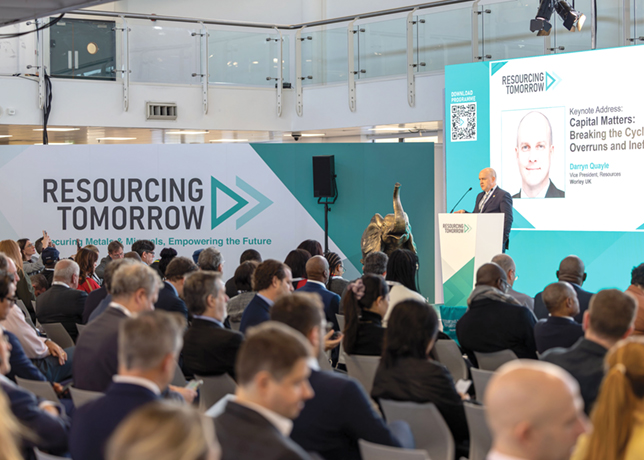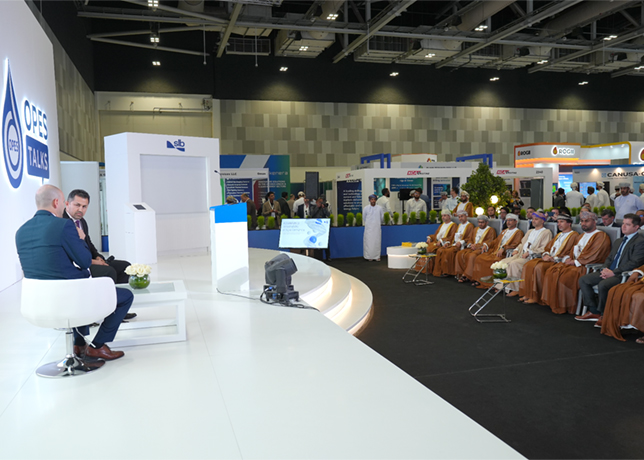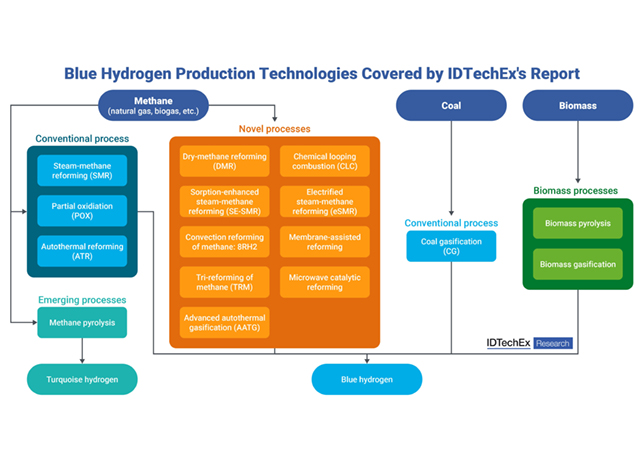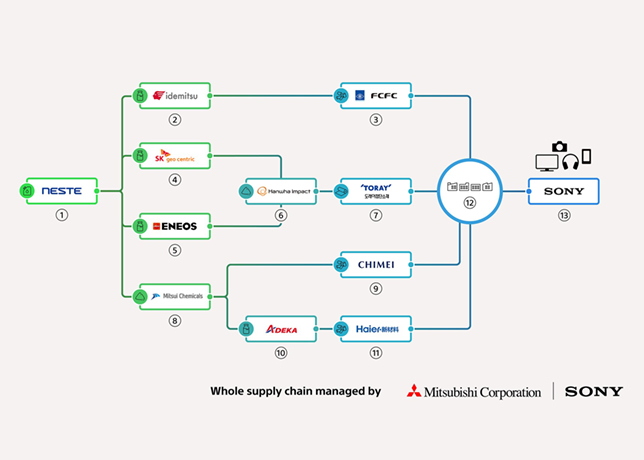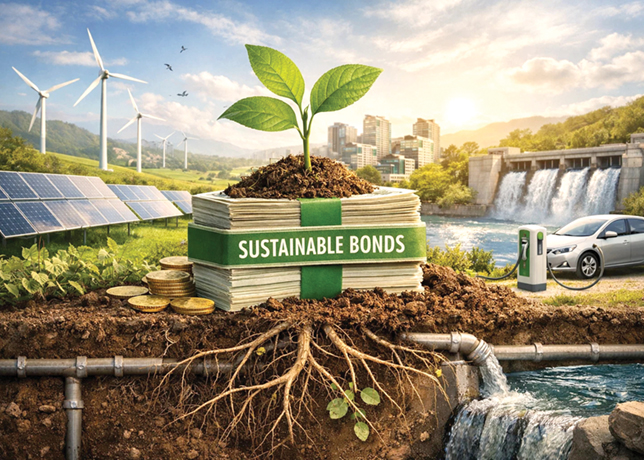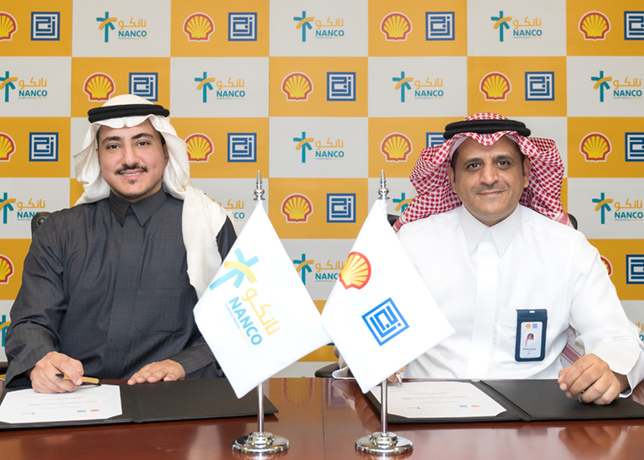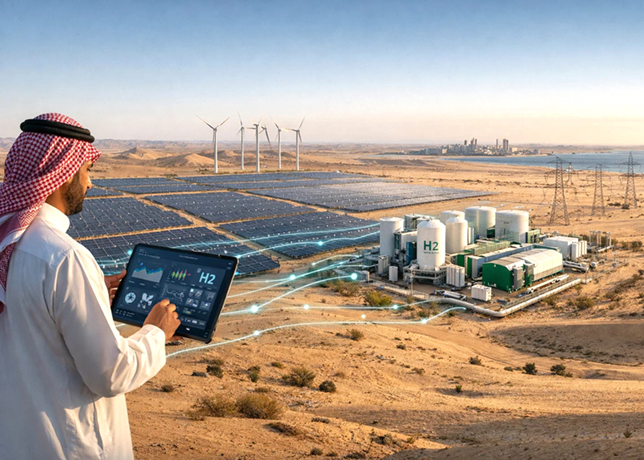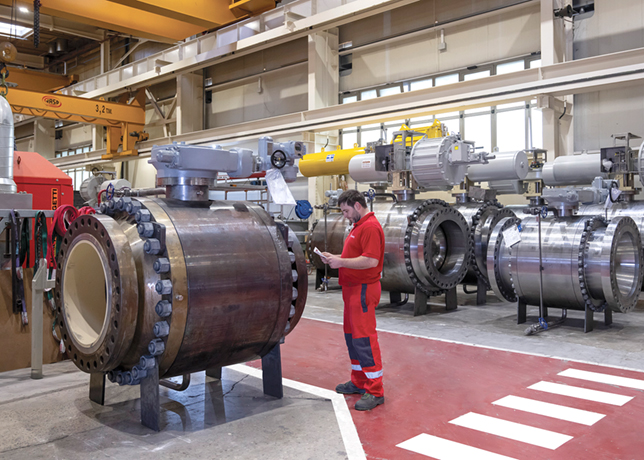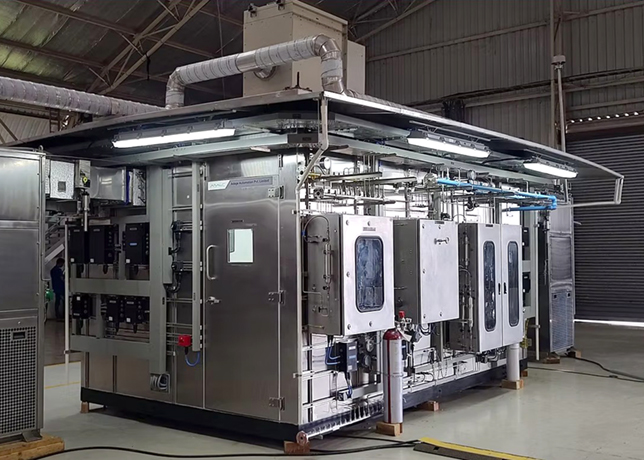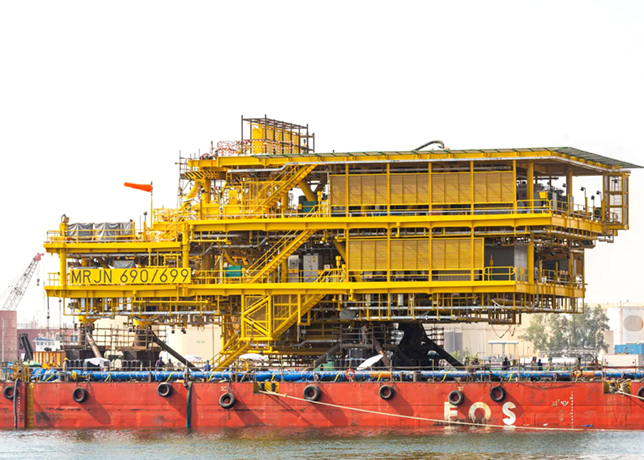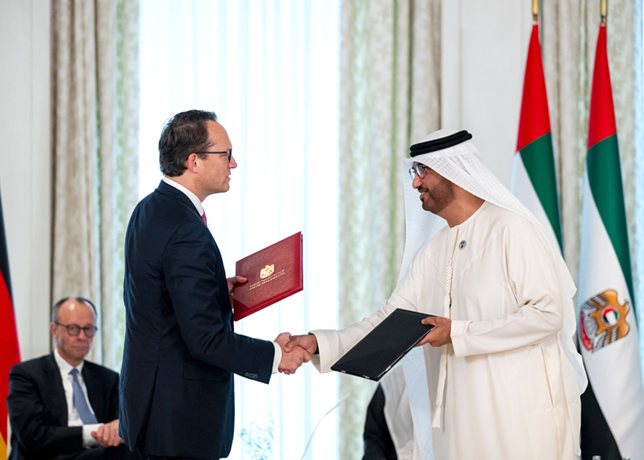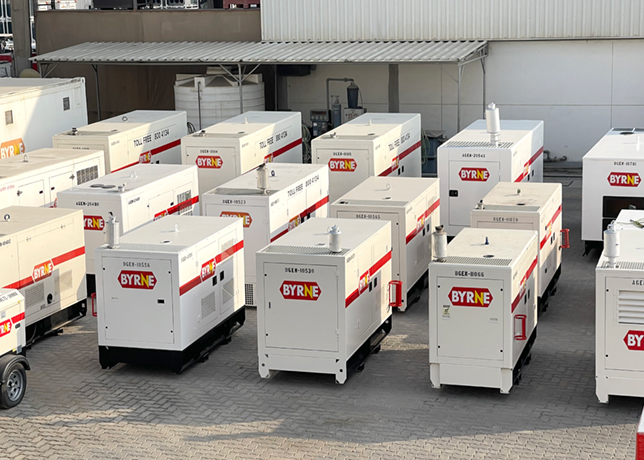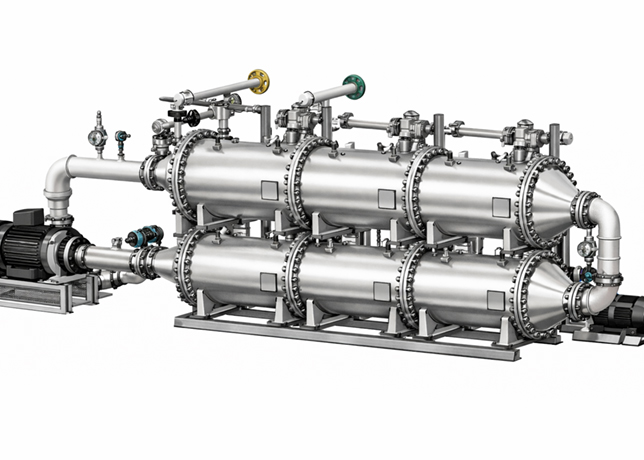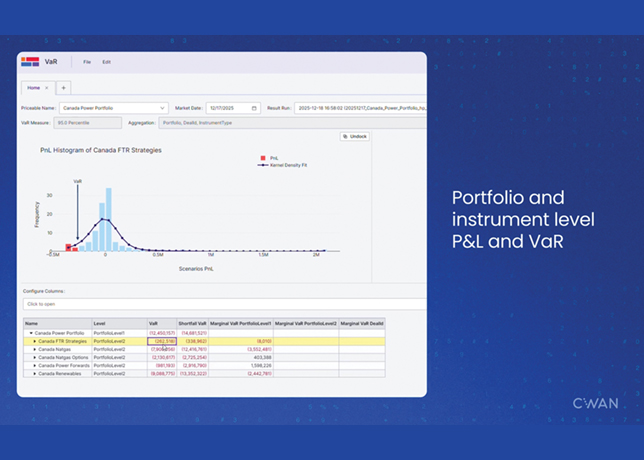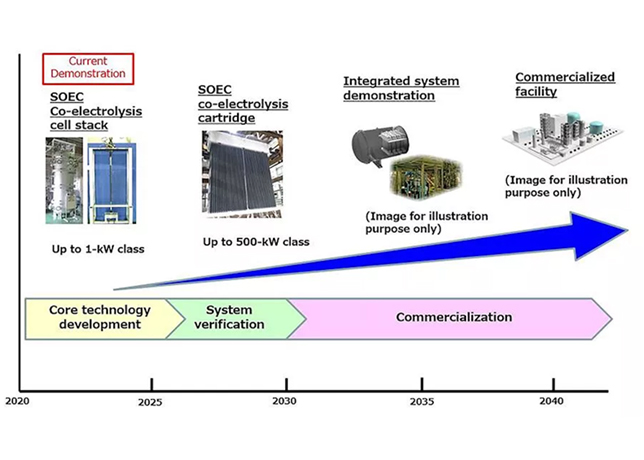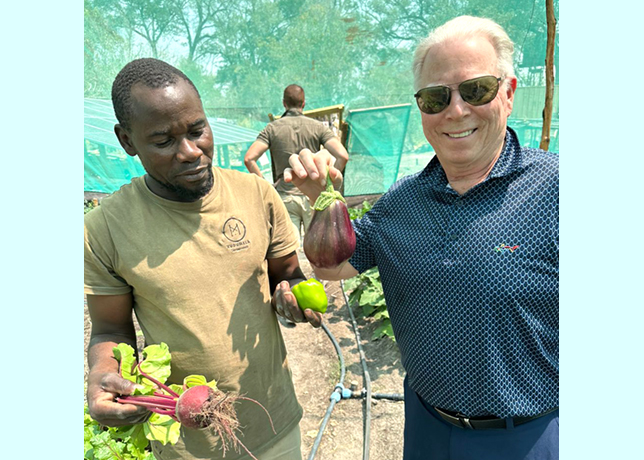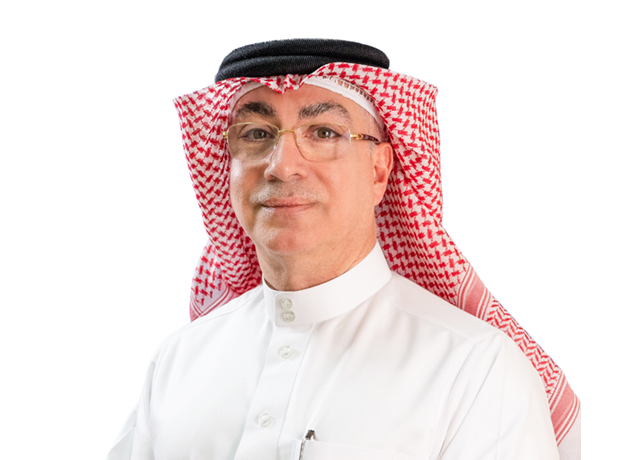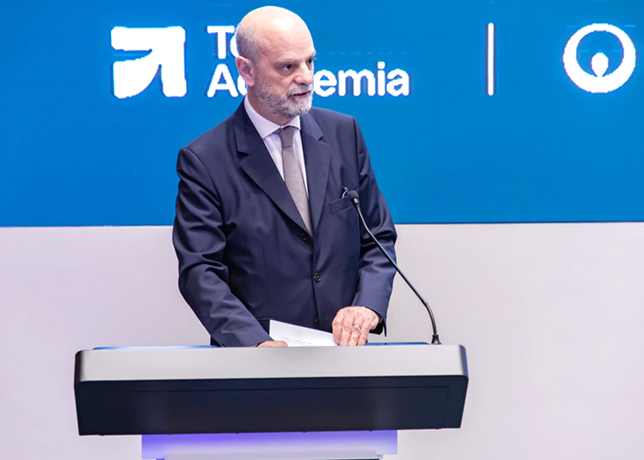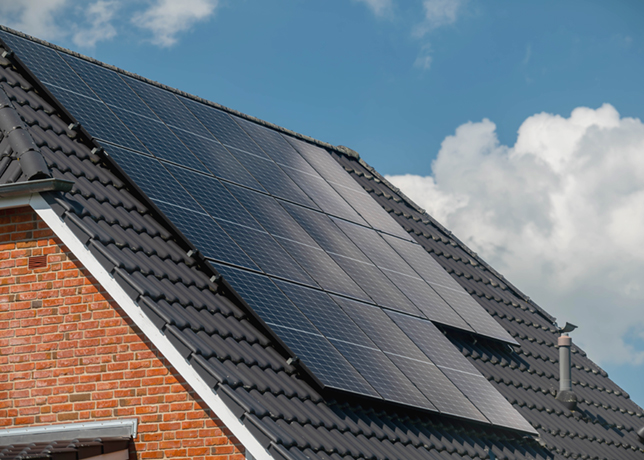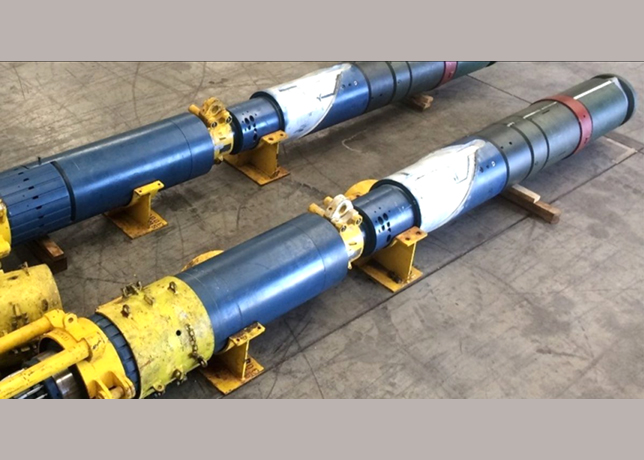
 Dr Akinwumi Adesina
Dr Akinwumi Adesina
In a speech at the 29th Conference of the Parties (COP 29), Dr Akinwumi Adesina, President and Chairman of the Boards of Directors of the African Development Bank Group, highlighted Africa's vast natural capital.
Entitled "Measuring the Green Wealth of Nations: Natural Capital and Economic Productivity in Africa," he said Africa had over 40 per cent of the world's clean energy potential, 65 per cent of the world's uncultivated arable land, 25 per cent of global biodiversity, and 20 per cent of the world's tropical rainforest area.
The Congo Basin is the second largest carbon lung in the world after the Amazon forest, storing 29 billion tons of carbon and absorbing about 1.5 billion tons of carbon dioxide per year. Africa's forests account for 26 per cent of all carbon sequestration in forests worldwide.
The continent also holds considerable non-renewable natural resources, accounting for 50 per cent of the world's reserves of cobalt, 40 per cent of manganese reserves, and more than 80 per cent of platinum reserves.
These resources are crucial for global green energy transition with electric vehicles and battery energy storage systems, whose estimated value is expected to rise from $7.5 trillion to $59 trillion.
Africa is endowed with abundant renewable energy sources, such as solar capacity (10 TW), hydro (350 GW), wind (110 GW), and geothermal energy sources (15 GW).
However, Africa's vast natural capital has been undervalued, and its GDP was estimated at $2.5 trillion in 2018, 2.5 times lower than the estimated value of its natural capital, evaluated at $6.2 trillion, which partly includes some valuation of the ecosystem services.
The proper valuation of Africa's green GDP is where the trillions of dollars for the continent, based on proper valuation, will come from, to boost the wealth and financing of the continent. The greening of the GDP will also have other benefits, including the development of carbon markets in Africa.
However, several African countries are giving away their vast amounts of land to carbon credits, which may generate some short-term financing. It is important to understand that Africa is a carbon price taker and therefore is short-changed.
The proper valuation of Africa's green wealth will increase access to financial flows, spur greater green investments, provide better policies for the greening of African economies for sustainable development, and generate significantly higher revenues that will allow Africa to service its debts, assuring debt sustainability.



